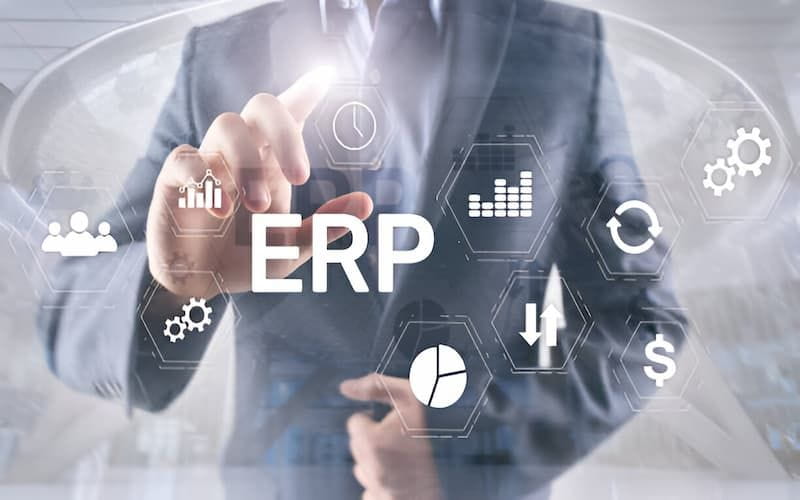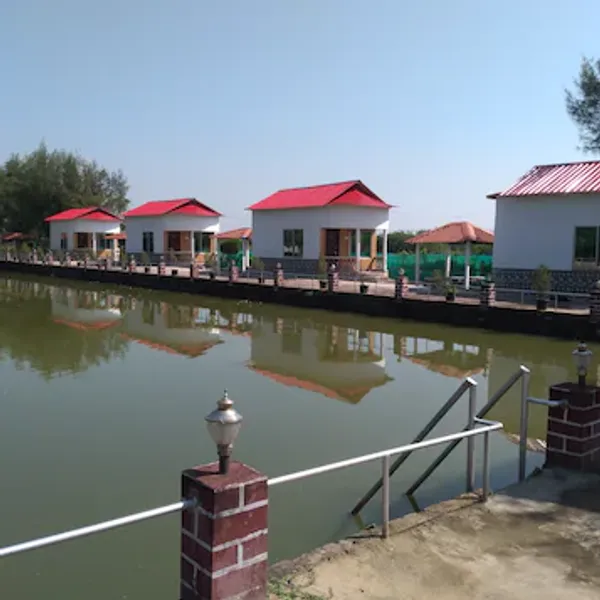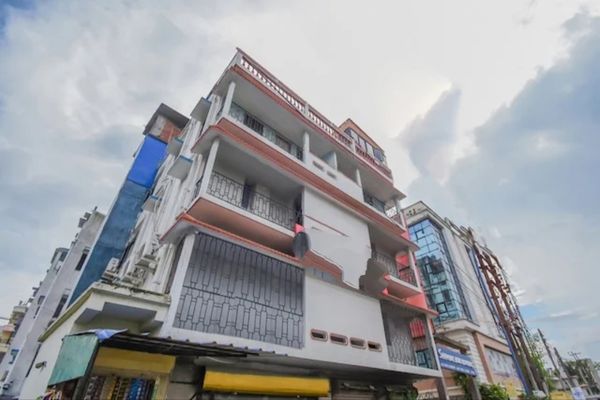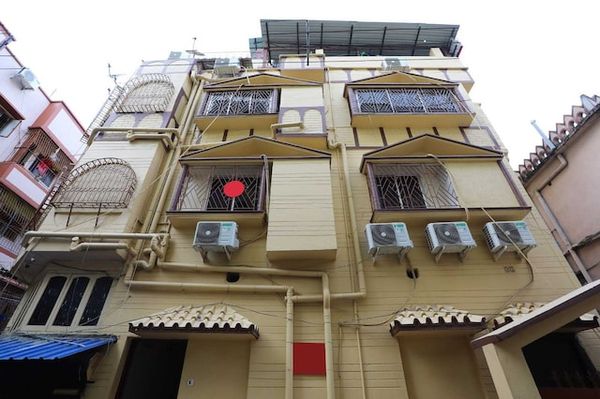The Cost of Implementing an ERP System in Saudi Arabia
 Raahman Iqbal
02 Aug, 2025
9 mins read
6
Raahman Iqbal
02 Aug, 2025
9 mins read
6

While Saudi Arabia is adopting digital transformation as part of Vision 2030, more businesses are looking at enterprise resource planning (ERP) solutions to streamline operations, make better use of data to enhance decision-making, and comply with government regulations like ZATCA e-invoicing. However, one of the most common questions that organizations looking to adopt ERP have is: How much does it cost to implement an ERP system in Saudi Arabia?
The answer is not straightforward. The cost of ERP implementations can vary significantly based on a variety of factors such as the size of your business, the complexity of your business processes, the modules required and the deployment model selected. Let us take a look into the different types of cost and cost factors that contribute to ERP pricing in the Kingdom.

1. Licencing Costs
Licencing costs, in most circumstance, will be the most visible cost when adopting an ERP system in Saudi Arabia. Most ERP vendors will give you a choice between two models of licencing based on the overall company requirements and demand:
- Perpetual License: This pricing model also known as a perpetual licence, requires a single upfront payment for unlimited usage rights by your organization from the date of purchase. This model generally carries the highest upfront costs but has the lowest subscription-based costs over the life of the ERP system.
- Subscription-Based (SaaS): Monthly or yearly costs based on the number of users your organization has. Subscription-based costs are based on most cloud-based ERP application suppliers. The scalability of cloud-based systems has its advantages in comparison with old types of ERP systems.
Saudi companies are now more attracted to cloud-based ERP systems because their upfront costs are generally less and the time to deploy the system is faster.
2. Implementation and Customization
Implementation is defined as the process of configuring the system to fit your particular business requirements. Implementation can include:
- Business Process Mapping
- Data moving
- Customization of workflows
- Integration with other systems (billing, HR, inventory)
Costs can vary depending on your business process design. A small retail business related to a manufacture with multi-branched hrs is likely to have a very different implementation cost. There are a number of ERP companies operating in Saudi Arabia that offer modules pre-configured to suit local businesses which means the implementation costs can be reduced and the time to implement can be reduced too.
3. Hardware and Infrastructure
An on-premise ERP software system in Saudi Arabia may require purchase of servers, networking equipment, backup systems and IT security. The costs associated with personal IT infrastructure are significant, with desktop computers requiring continuous investment for maintenance and upgrades.
Alternatively, if you consider a cloud ERP system (like Quickdice) depending on the number of users, significant hardware and server infrastructure in local markets can be reduced from the equation, resulting in lower capital expenses and continued IT expenses.
4. Training and User Adoption
Ultimately, no matter how great the ERP system is, if your staff does not know how to use it, it will underperform. The cost of training staff will vary depending on:
- The number of users
- The complexity of the system
- Whether the training is online, on-site, or a combination of the two
When businesses train employees in Saudi Arabia, they typically expect training to be provided in both Arabic and English, as well as having localized user interfaces. There is no point in investing in learner training if the ROI for the ERP is maximized.
5. Support and Maintenance
ERP systems require ongoing support and maintenance, as well as ongoing updates. If the first part of a training-related cost is the amount of time spent on training, the second part is the ongoing support. Support costs can relate to the:
- Annual maintenance contracts (for on-premise systems)
- Customer support subscriptions (for cloud-based systems)
- Bug fixes, performance tuning, and security patches.
Many ERP vendors in Saudi Arabia have local ERP support teams which can be beneficial as it may mean faster resolutions with localized support.
6. Compliance-related and Localization-based features
Saudi Arabia has strict regulations, especially with e-invoicing and taxation compliance. Ensuring your ERP system solution is ZATCA compliant (Zakat, Tax and Customs Authority) will add to the overall cost; however, it is a cost of doing business.
You should be looking for ERP solutions that have built-in features related to:
- ZATCA approved e-invoicing
- Arabic language support
- VAT compliance
- Localized financial reporting
These features will be needed to operate legally and efficiently within the Kingdom.
7. Hidden or Missed Costs
Many businesses will overlook indirect costs such as:
- Downtime while migrating
- Disruptions to processes
- Temporary reduction in productivity
- Costs of changing providers if the system does not perform
Thoughtful planning and an experienced ERP consultant in Saudi Arabia can help prevent these mistakes.
Typical Price Ranges for Businesses in Saudi Arabia
While costs will vary no doubt, below is a general range of what you might expect as a business in Saudi Arabia:
- Small Business: SAR 30,000 - SAR 100,000
- Medium Size Business: SAR 100,000 - SAR 500,000
- Large Business: SAR 500,000 - SAR 2 million +
This estimates includes software, implementation, training and the first year of support.
Final Thoughts
Implementing an ERP system in Saudi Arabia is a significant step that ensures long-term improvements in efficiency, compliance, and data-driven decision-making. While the price may seem high, it is easy to see that the ROI will be significant compared to the efficiencies gained from automation, accuracy, and compliance with local regulations.
To manage cost and ensure a successful implementation, businesses should focus on selecting an ERP system designed to support the Saudi market and local regulations, have clearly defined project goals, take a phased approach to go-live, and have a plan for the training and support needed for after the go-live on the ERP system.
Written By:
Raahman Iqbal



Hotels at your convenience
Now choose your stay according to your preference. From finding a place for your dream destination or a mere weekend getaway to business accommodations or brief stay, we have got you covered. Explore hotels as per your mood.


